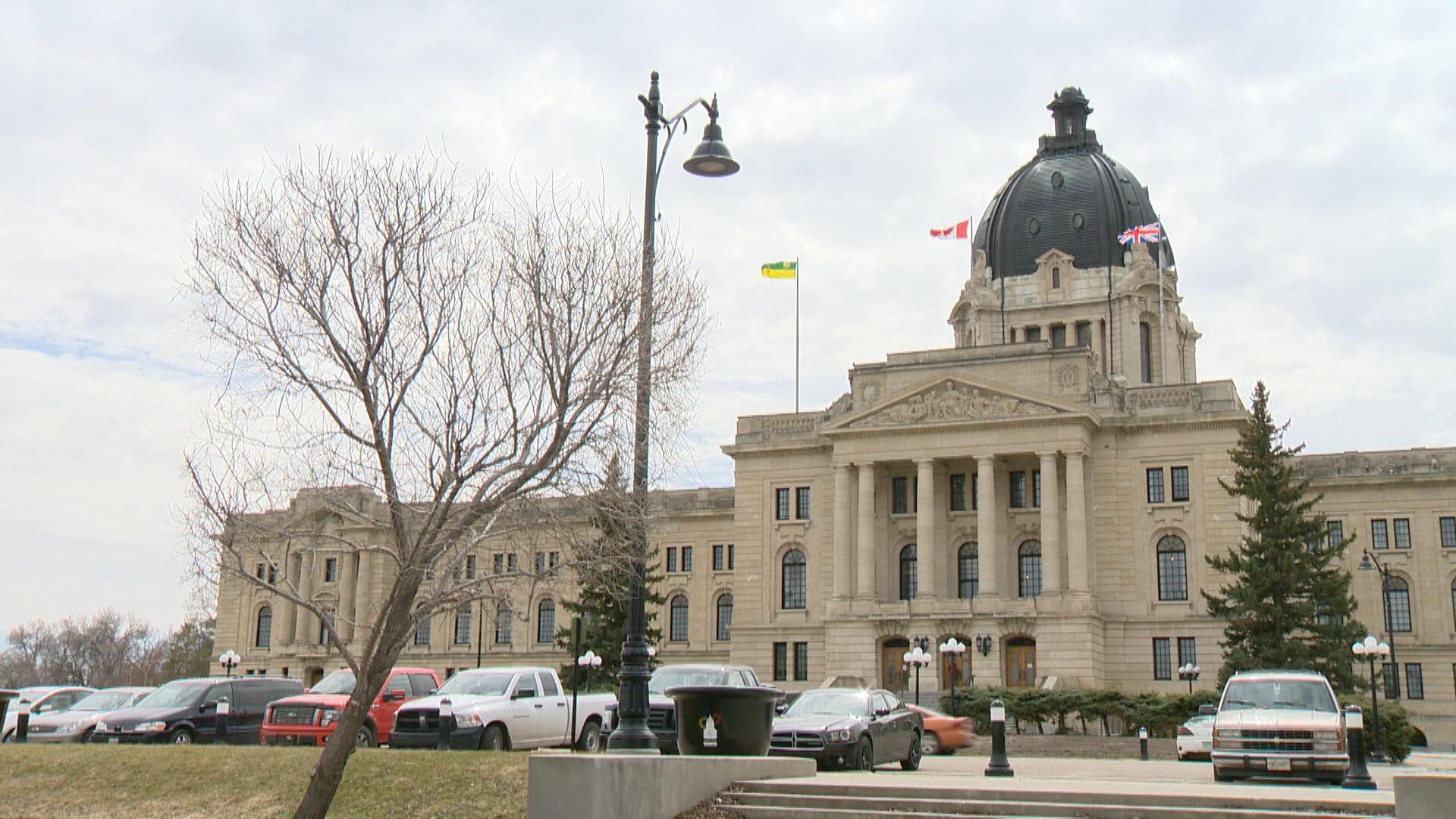Thinking of ditching sugar for a zero-calorie sweetener? It may not be the guilt-free swap you might expect. A new study reveals that sucralose, one of the most common sugar substitutes, may actually trick your brain into craving more food.
Researchers found that this artificial sweetener alters brain activity in a way that makes you hungrier, potentially leading to more calorie consumption in the long run.
The latest study published in Nature Metabolism examined how sucralose influences hunger by analyzing brain activity in the hypothalamus, the region responsible for regulating appetite and body weight, in 75 participants. The participants consumed either water, a sucralose-sweetened drink, or a drink sweetened with regular sugar before undergoing MRI scans, blood tests, and tests to detect hunger ratings.
The MRI results revealed that those who consumed sucralose exhibited increased brain activity and changes in how the hypothalamus communicates with other brain regions. Compared to those who consumed sugar, participants who drank sucralose reported feeling hungrier. Blood test results further revealed that sucralose failed to increase levels of key hormones such as insulin and glucagon-like peptide 1 (GLP-1) responsible for signaling fullness.
“The body uses these hormones to tell the brain you’ve consumed calories, in order to decrease hunger. Sucralose did not have that effect—and the differences in hormone responses to sucralose compared to sugar were even more pronounced in participants with obesity,” said Dr. Kathleen Alanna Page, the study’s corresponding author and an associate professor of medicine at the Keck School of Medicine, in a news release.
Researchers found a possible explanation for these unexpected results. According to Page, the brain expects a surge of energy when it tastes sweetness, but with sucralose, that expected energy rush never comes in. This “mismatch” between taste and calories could confuse the brain’s hunger signals, potentially leading to stronger cravings and altered eating behavior.
“If your body is expecting a calorie because of the sweetness, but doesn’t get the calorie it’s expecting, that could change the way the brain is primed to crave those substances over time,” Dr. Page said.
Researchers have launched a follow-up study to investigate how calorie-free sweeteners impact the developing brains of children and adolescents, the biggest consumers of sugar and sugar substitutes.
Thinking of ditching sugar for a zero-calorie sweetener? It may not be the guilt-free swap you might expect. A new study reveals that sucralose, one of the most common sugar substitutes, may actually trick your brain into craving more food.
Researchers found that this artificial sweetener alters brain activity in a way that makes you hungrier, potentially leading to more calorie consumption in the long run.
The latest study published in Nature Metabolism examined how sucralose influences hunger by analyzing brain activity in the hypothalamus, the region responsible for regulating appetite and body weight, in 75 participants. The participants consumed either water, a sucralose-sweetened drink, or a drink sweetened with regular sugar before undergoing MRI scans, blood tests, and tests to detect hunger ratings.
The MRI results revealed that those who consumed sucralose exhibited increased brain activity and changes in how the hypothalamus communicates with other brain regions. Compared to those who consumed sugar, participants who drank sucralose reported feeling hungrier. Blood test results further revealed that sucralose failed to increase levels of key hormones such as insulin and glucagon-like peptide 1 (GLP-1) responsible for signaling fullness.
“The body uses these hormones to tell the brain you’ve consumed calories, in order to decrease hunger. Sucralose did not have that effect—and the differences in hormone responses to sucralose compared to sugar were even more pronounced in participants with obesity,” said Dr. Kathleen Alanna Page, the study’s corresponding author and an associate professor of medicine at the Keck School of Medicine, in a news release.
Researchers found a possible explanation for these unexpected results. According to Page, the brain expects a surge of energy when it tastes sweetness, but with sucralose, that expected energy rush never comes in. This “mismatch” between taste and calories could confuse the brain’s hunger signals, potentially leading to stronger cravings and altered eating behavior.
“If your body is expecting a calorie because of the sweetness, but doesn’t get the calorie it’s expecting, that could change the way the brain is primed to crave those substances over time,” Dr. Page said.
Researchers have launched a follow-up study to investigate how calorie-free sweeteners impact the developing brains of children and adolescents, the biggest consumers of sugar and sugar substitutes.









